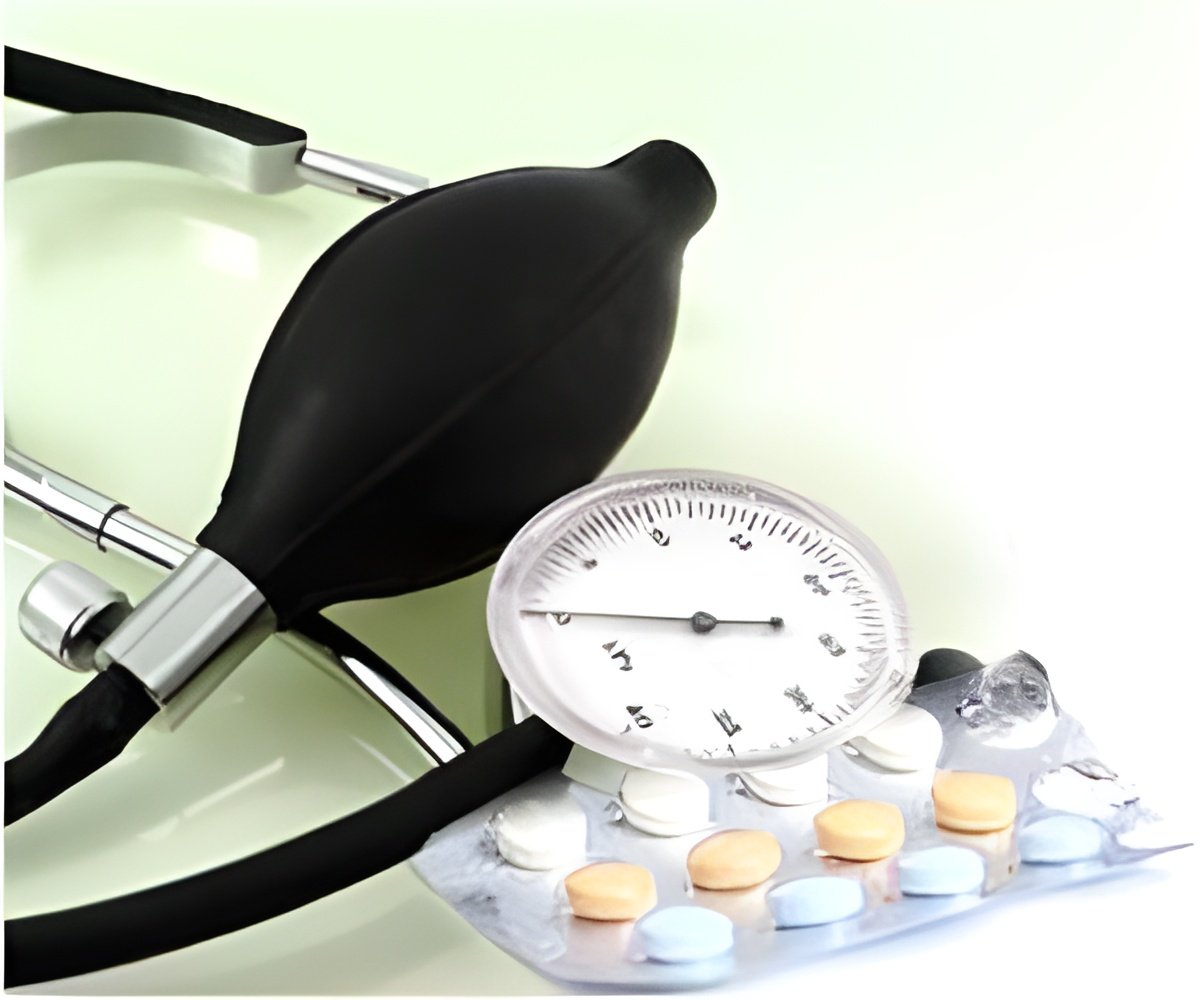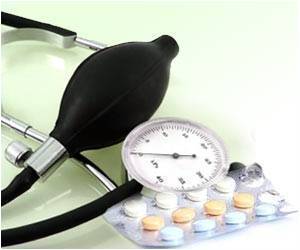Obesity-related high blood pressure guidelines were released by the American Heart Association based on the assessment of diet, physical activity, and weight control related to blood pressure.

‘Medical and surgical strategies may help long-term weight and blood pressure management in addition to a heart-healthy diet and physical activity.’





The writing group for the scientific statement included experts in the fields of obesity and high blood pressure, and they reviewed existing research to provide the latest guidance on weight-loss strategies to reduce high blood pressure. Lifestyle modifications
National guidelines recommend a heart-healthy diet to help manage weight and control blood pressure. These guidelines emphasize dietary patterns rather than individual foods and nutrients.
The most well-established healthy eating patterns are the Mediterranean diet and Dietary Approaches to Stop Hypertension (DASH).
The diets are similar in emphasizing eating more fruits, vegetables, legumes, nuts, and seeds with moderate amounts of fish, seafood, poultry, and dairy, and low quantities of red and processed meats, and sweets.
Advertisement
However, analyses of several studies found that intermittent fasting had a weak impact on blood pressure and was no more effective than other diets in reducing weight.
Advertisement
Medications
If lifestyle modifications have not been successful in achieving weight reduction and blood pressure control, the statement suggests prescription medications may be considered for people who have obesity or overweight.
A newer class of medications called GLP-1 receptor agonists has been shown to help with sustained weight loss and significantly reducing blood pressure.
GLP-1 agonists, such as liraglutide and semaglutide are synthetic hormones, self-administered in a daily or weekly injection, that reduce appetite and help people to feel full.
The U.S. Food and Drug Administration recently approved both medications for weight management and weight loss in individuals classified as overweight or obese.
Surgery
Metabolic surgery (also called bariatric surgery or gastric bypass surgery) can aid weight loss in people with severe obesity (people who have a BMI of 40 or higher) with a related health condition including hypertension. The statement includes a research review on metabolic surgery.
High blood pressure was resolved in 63% of people who had metabolic surgery, and several studies showed less use of blood pressure-lowering medicines after surgery.
The statement also highlights questions and gaps in research data on the use of medications and surgery to prevent and treat obesity-related hypertension.
These issues include whether these strategies will have the intended outcome, how effective they are for individuals who already have kidney disease or heart failure, and comparing the effectiveness of medications, surgery, or a combination of both to determine the best approach for long-term blood pressure reduction.
Source-Medindia















